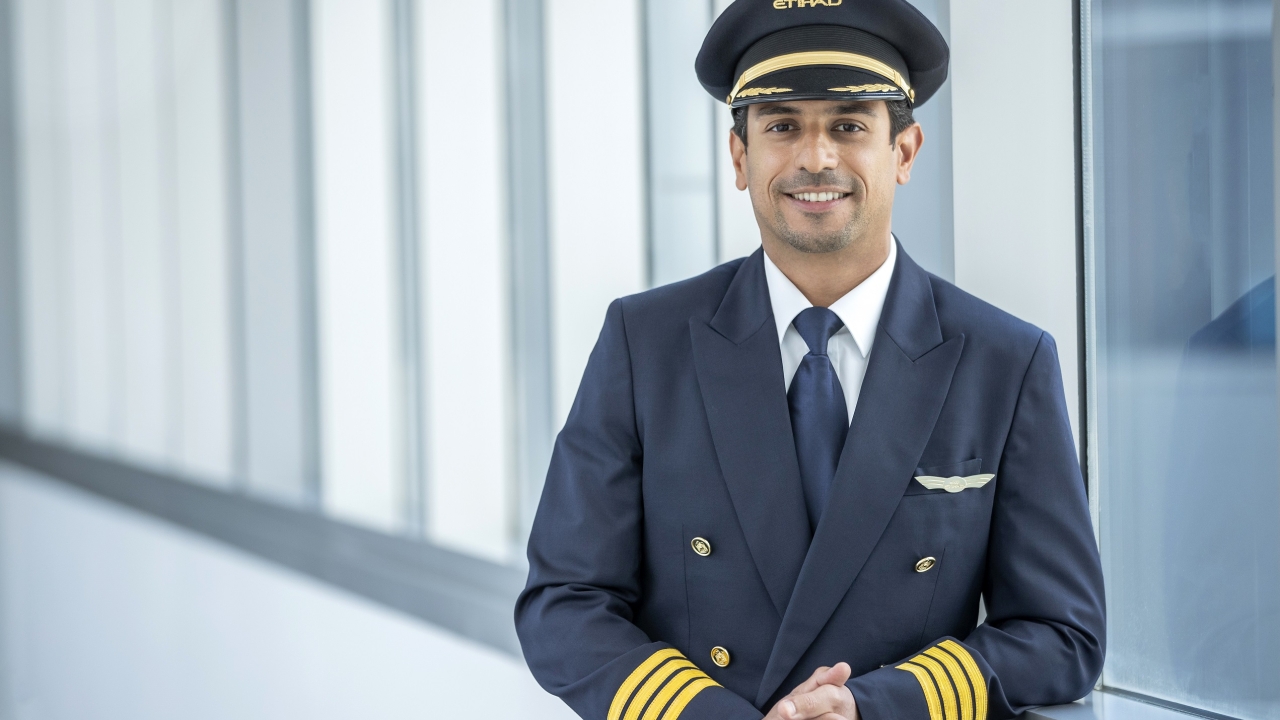Global partnerships to drive development of Earth observation programmes

This is particularly evident in the field of earth observation, as more countries see the social benefits that can be accrued from programmes that enhance our understanding of challenges like climate change and infrastructure development.
These space industry leaders will convene in Abu Dhabi at the Global Space Congress, from 31 January to 1 February 2017, to explore how the resources and complimentary technologies of different programmes can be combined and developed to strengthen cooperation on Earth.
The formation of effective partnership programmes is understood to be a critical factor for humanity’s future in space. Recently at, the International Astronautical Congress in Guadalajara in September, the drivers for continued cooperation were spelled out by the leaders of major space agencies including NASA, CNES and JAXA.
They emphasised the need to look at space not as a competition, but as a collaborative tool to inspire young people and to provide motivation for the future. In order to achieve these goals international cooperation is indispensable. The impact of this collaboration could be enormous — the Administrator of Roscosmos believes combining forces will make 100 years of individual development a reality in as little as 20.
It may be possible for individual nations to send manned missions to the moon as China intends to do, but bigger goals like putting man on Mars will need international cooperation. Space is an expensive enterprise, requiring both public buy in and excitement to be able to foot the bill.
Dr Khalifa Al Romaithi, chairman of the UAE Space Agency, said: “International cooperation and collaboration forms a cornerstone of the UAE Space Agency and its strategic outlook, which envisages a future of global partnership in the safe exploration of outer space and all related fields. We have worked towards realising this dream through significant bilateral cooperation agreements with numerous international states, agencies and private sector companies.”
Jean Yves le Gall, President of CNES, the French Space Agency and, and the new President of the International Astronautical Federation, said: “The space sector today is experiencing exponential growth around the world, driven by innovation and NewSpace, efforts to curb climate change and the exploration of Mars. That is why international cooperation is so imperative, as it is the only way to reduce costs, share the benefits and build a better world.”
Education and outreach programmes are critical to building momentum, and it is also important to make people aware of the real benefits space programmes can bring, from support and monitoring for disaster relief to water management. Inspiring this human connection is a core objective of the Global Space Congress. It will enrich the conversation between academia, industry and the public to build our shared success in space.
Dr Mohammed Al Ahbabi, director general of the UAE Space Agency, said: “Education is absolutely fundamental to humankind’s efforts to understand, explore and utilize outer space. Our whole is greater than the sum of our parts, and our scientific knowledge is inherently collaborative. It is only through maximum experience and expertise exchange that we will achieve the full potential of the space sector.”
Speaking ahead of the Global Space Congress, where he will lead a panel discussion of heads of space agencies, Professor Sir Martin Sweeting FRS FREng said: “I believe that the global space community’s role in exploiting space assets and services for common benefit and in pioneering exploration beyond Earth’s orbit is vital for the good of all humanity. We must continue to work together to protect our small blue planet and the Global Space Congress is a key event where we can explore our common goals, and make new collaborations for future missions.”
Stay up to date
Subscribe to the free Times Aerospace newsletter and receive the latest content every week. We'll never share your email address.

